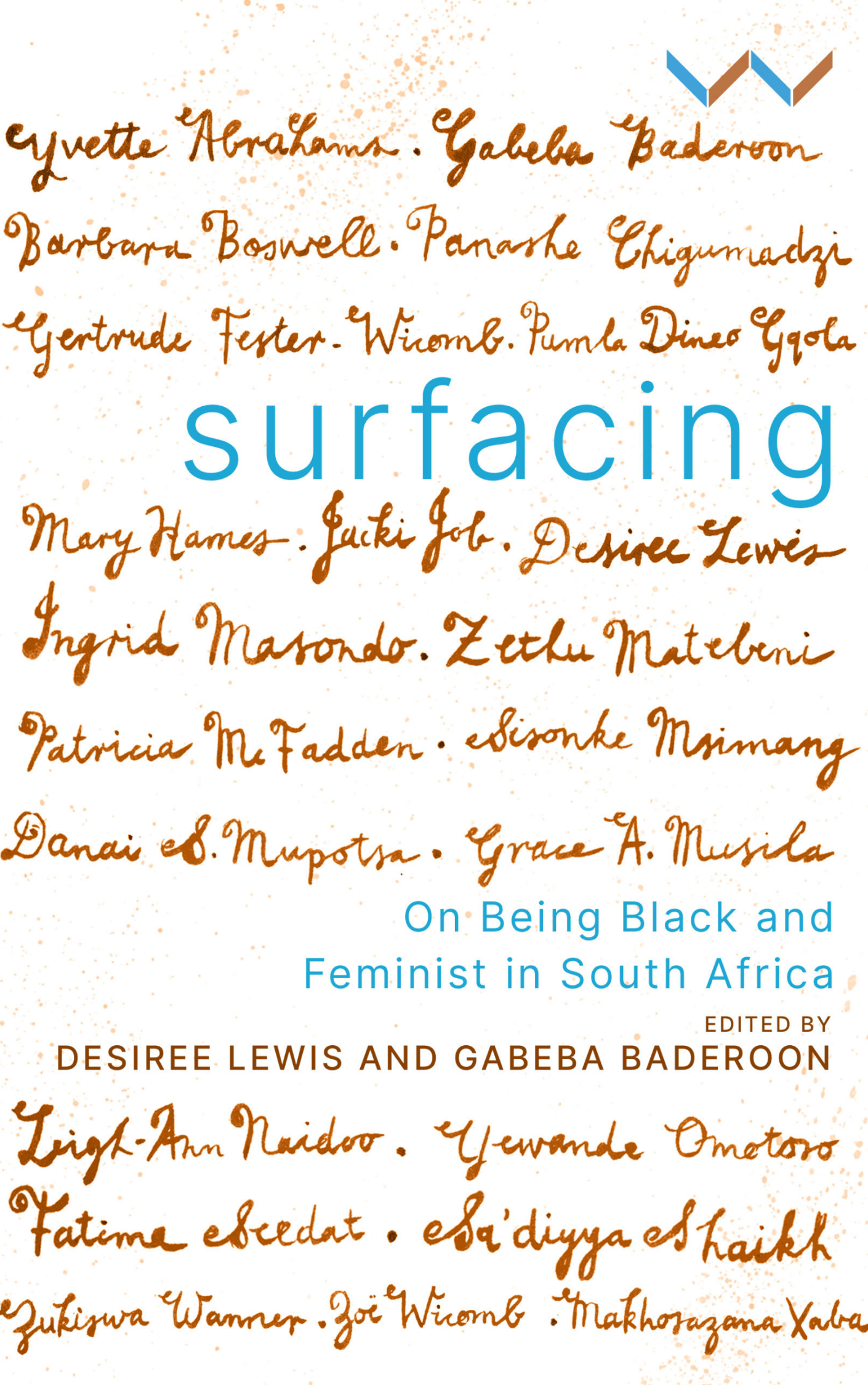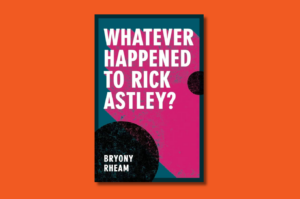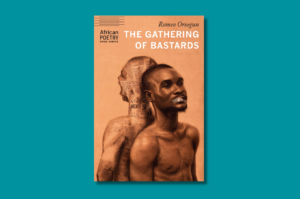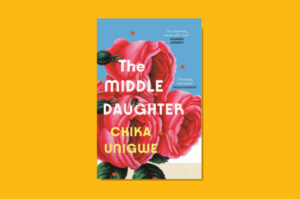
I think of this book as a little feminist utopia, not because it holds up unrealistic representations of the world but because it presents the lives of women as beautiful complexities. This is how you do justice to the radical diversity of women’s lives. You assemble writers from various intellectual spaces— dance, education, photography, academia, community organizing, etc.— and ask them to go off the beaten path and explore issues that are not often part of mainstream conversations about culture and politics. What you get is a collection of essays that “imagine worlds beyond the realities of oppression.”
Surfacing:On Being Black and Feminist in South Africa is edited by two well-known feminist scholars. Desiree Lewis is a professor at the University of the Western Cape and Gabeba Baderoon, also a professor at Penn State University. The collection is wide-ranging. The themes explored extend from food and farming to sexual pleasure and activism. It also touches on queerness, race, history, the church, the arts, and so on. A lesson in creating decolonial feminist knowledge, Surfacing harnesses the differences that make each writer unique but bound to the vision of a shared and just world. Reading Surfacing is an immersive experience. You come out of the book breathless with the pleasure of having lost yourself in the presence of women whose lives feel uncannily relatable.
In the introduction, the editors explain that the collection addresses certain “omissions” in South Africa’s intellectual history. This objective is evident in essays where the legacies of Sara Baartman, Winnie Mandela, and Miriam Tlali are revisited for their enormous contributions to South African cultural life. In “Representing Sara Baartman in the New Millenium,” Zoë Wicomb and Desiree Lewis explore the many ways that Bartman’s life has been represented, what has worked well, what hasn’t, and what these conversations teach us about reckoning with past injustices.
Some of the most moving essays dwell on pain. Reading this collection, I realize that one of the gifts of feminism is that it saves us from being muted by trauma. In “A Playful But Serious Love Letter to Gabrielle Goliath,” Pumla Dineo Gqola reflects on the life-changing experience of being immersed in Goliath’s “This Song is For…” an exhibition about rape survivors. Gqola begins her address to Goliath in this playful, fan-girl-ish voice that slowly becomes haunting when you realize that she is reflecting on the trauma of gender-based violence and recounting how Goliath’s work gives voice to pain and survival through song and story. I love this passage:
And, slowly I am healing. So why am I standing in the middle of the room crying quietly but uncontrollably? And how can I cry so hard and not know what I am crying about…You are quite the alchemist, unmatched in your capacity to make us feel too much when we had really planned to keep our spectacles and lipstick on, and think.
Mary Hames in “Teaching Black, Teaching Gender, Teaching Feminism” talks about feminist approaches to teaching that not only allows for questioning and resistance, but also helps students engage with painful experiences in ways that do not end up being harmful. How do you use teaching to create safe spaces for questioning and exploring trauma?
But there are also essays that speak to pleasure. “Breathing Under Water” by Danai Mupotsa teases the pleasures of reading feminist writing. The essay is an excursion into a world of books. Mupotsa collects fragments of moments from various writings and tie them together with reflections on her life and her experience as a reader. She uses books like Bessie Head’s A Question of Power, Chinelo Okparanta’s Under the Udala Tree, Lorde’s Zami to anchor beautiful reflections on a rich history of feminist thought. Makhosazana Xaba’s “The Music of My Orgasm” is an absolute must-read. The essay offers “a body-centered feminist practice” that helps women experience the life-changing power of sexual pleasures. Jackï Job also takes up the question of the body in “Who do you think you are to speak to me like that?” Job details the experience of using dance to reimagine the body beyond the ideal of biblical discourse. In one of my favorite passages in the collection, Job writes:
I am definitely more than just this body. Racialized, gendered impositions of any singular narrative on the construction of my being are inappropriate, unobservant and simply ignorant. My DNA is patterned with the meridians of latitude and longitude that have crossed and recrossed many times and many lives. As a consequence, the blood that flows between my legs contains fragments of multiple potentialities. Evolution continua…
It would be very remiss for me not to mention Zukiswa Wanner’s essay, titled “Do I Make You Uncomfortable”? Writing, Editing, and Publishing Black in a White Industry.” The essay details the challenges that Zukiswa surmounts in order to break into a racist, sexist, and all-round unwelcoming industry. Ultimately, Zukiswa gives us so much to celebrate in a professional journey that says a lot about her resilience and visionary disposition.
If this review accomplishes only one thing, I hope it conveys the fact that even though the collection centers on South African feminist experiences, its sphere of relevance is much broader. I agree with the editors that a work like this “does not only counter racist and patriarchal world views; it envisions new ways of being human and is therefore relevant to all.”
**************
BUY Surfacing: On Being Black and Feminist in South Africa: Amazon | Wits UP








COMMENTS -
Reader Interactions